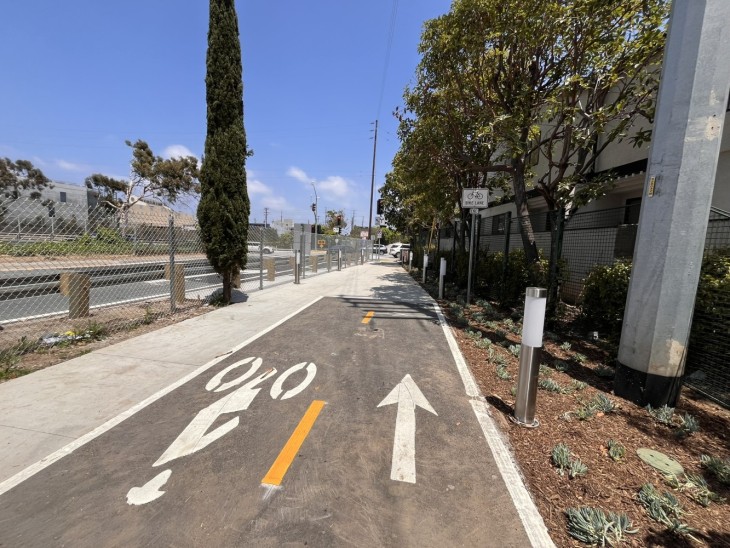March is “National Kidney Month,” highlighting the role of our kidneys in maintaining overall health and the importance of keeping them healthy. This month’s column covers kidney health and disease and what can be done to protect these vital organs.
Our kidneys filter our body’s waste to produce urine. They help balance electrolytes, the charged particles needed for cell functioning. They also are involved in maintaining blood pressure and producing red-blood cells.
As we grow older, our kidneys slow down. Their ability to filter waste diminishes. That’s why older people are more susceptible to the effects of alcohol and medications.
Various diseases can decrease kidney function as well. Uncontrolled high blood pressure, also known as hypertension, and diabetes can damage kidneys. Less common diseases, such as lupus, an autoimmune disease, and polycystic kidney disease, a genetic disorder, can affect kidneys too.
In addition, certain medications can affect kidneys. Non-steroidal anti-inflammatory drugs (NSAIDs) – a class of pain medications, including over-the-counter ibuprofen and naproxen – can damage kidneys if taken for prolonged periods of time.
People who take diuretics – certain types of medications commonly used to treat high blood pressure and leg swelling – need periodic blood work to make sure electrolytes and kidney function remain stable on these drugs.
People with kidney disease can be more sensitive to drugs and susceptible to drug side effects because their kidneys no longer filter the body’s waste as efficiently as they once did. In addition, they are at risk of high blood pressure, low red-blood-cell counts, also known as anemia, and bone diseases.
What can you do to maintain kidney health and prevent kidney problems? These recommendations can help reduce your risk:
• Get regular checkups with your doctor, who may order blood tests and review medications.
• Get medical treatment for high blood pressure or diabetes.
• Take over-the-counter and prescriptions drugs as prescribed.
• Review herbal supplements with your doctor to ensure they are safe.
• Eat a healthy diet.
• Exercise regularly, but discuss any new activities with your doctor beforehand.
Follow these simple steps for better kidney health – and a healthier you!
Dr. Alia Tuqan is a board-certified geriatrician with the highly regarded UCLA Geriatrics Program in Santa Monica and Westwood. For more information, call 310.319.4371 or visit www.uclahealth.org.























